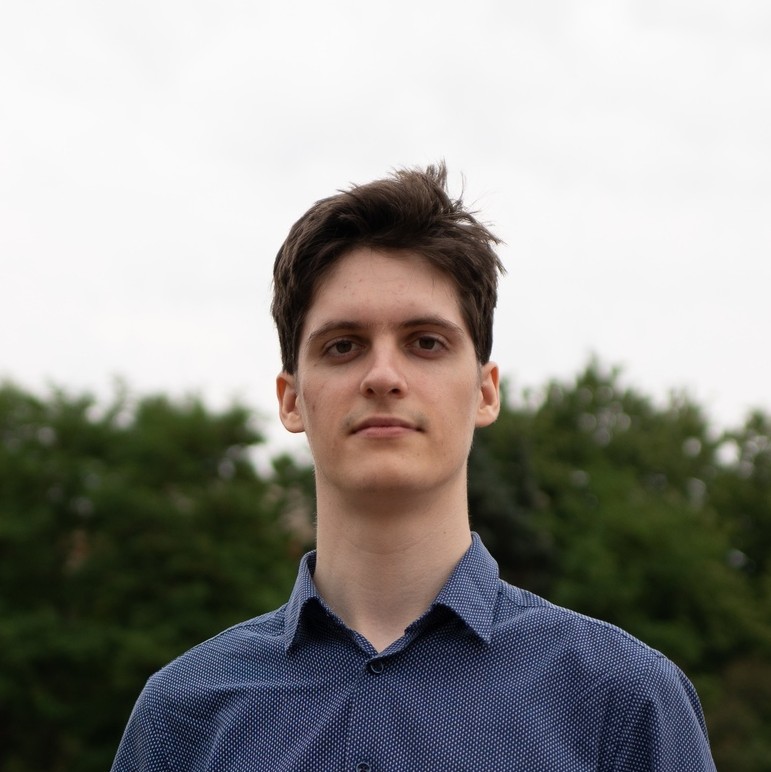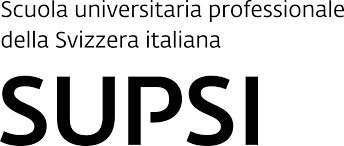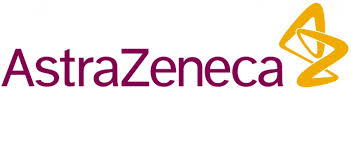
Nationality: Russian
Research topic: End-to-end learning of outcomes of organic chemistry reactions
Project description: Efficient organic synthesis can only be carried out by highly experienced chemists using knowledge and mechanistic thinking acquired over long years of study. Any improvement in this field would have a considerable benefit in terms of speed and efficiency on drug-discovery projects, as well as cost and hazard effects reduction. The prediction of the outcome (products) of a reaction with a given set of reactants and reagents remains unsolved. Recent work (Schwaller et al, 2018) has led to highly promising results by modeling chemical reactions like language translation, through deep LSTM recurrent neural networks (Hochreiter and Schmidhuber, 1997). ESR we will advance this approach by means of embedding chemical-related data and developing special neural network architectures suitable for modeling languages with small vocabularies but at the same time with rich expressiveness. The major outcomes are expected to be development of the end-to-end-differentiable systems for chemical reaction modelling and training it on the set from Bayer’s in-house database; development chemical-related embeddings, which could be used separately for modelling chemical properties and benchmarking the model on separate test sets and validating the ability of the model to adapt to different classes of organic reactions in collaboration with other ESRs.
Personal introduction: Early-stage researcher of the Advanced machine learning for Innovative Drug Discovery (AIDD) consortium, focusing on novel deep learning architectures and approaches for the prediction of products of organic chemical reactions.
At university, working in a chemical lab, I discovered machine learning and saw its promise for developments in chemical sciences. My fascination with both chemistry and artificial intelligence technologies had been pushing me to seek a doctoral position in deep learning for drug discovery. My training at the Faculty of Fundamental Physical and Chemical Engineering at the Lomonosov Moscow State University, two years of experience as a software developer and an internship at the Skolkovo Institute of Science and Technology in Moscow allowed me to apply for my current position within AIDD.
The main area of my research is reaction product prediction and on organic reaction modeling in general. At the moment I am focused on exploring the strengths and limitations of transformer-based architectures for that purpose. The models that reliably predict products for given reactants or possible reagents for a reaction are of crucial importance for the success of computer-aided synthesis planning systems. Combined with the work of other AIDD fellows within the "One Chemistry" model, my contribution will allow to develop more powerful and reliable synthesis planning solutions for the pharmaceutical industry.
Contact:GitHub LinkedIn Twitter GoogleScholar
Pre-prints and articles
- Andronov, M.; Voinarovska, V.; Andronova, N.; Wand, M.; Clevert, D.-A.; Schmidhuber, J. Reagent Prediction with a Molecular Transformer Improves Reaction Data Quality. 2023. Chem. Sci. https://doi.org/10.1039/D2SC06798F
- Andronov, M.; Andronova, N., Wand, M., Schmidhuber, J., Clevert, D-A. A reagent-driven visual method for analyzing chemical reaction data. arXiv. 2024. https://doi.org/10.26434/chemrxiv-2024-q9tc4
- Andronov, M.; Andronova, N., Wand, M., Schmidhuber, J., Clevert, D-A. Curating Reagents in Chemical Reaction Data with an Interactive Reagent Space Map. 2024. International Workshop on AI in Drug Discovery, Springer Nature Switzerland.
- https://doi.org/10.1007/978-3-031-72381-0_3
- Andronov, M., Andronova, N., Wand, M., Schmidhuber, J., Clevert, D.A. Accelerating the inference of string generation-based chemical reaction models for industrial applications. J. Cheminformatics. 2025. https://doi.org/10.1186/s13321-025-00974-w
Presentations at conferences and meetings
- Andronov, M.; Andronova, N., Wand, M., Schmidhuber, J., Clevert, D-A. Curating Reagents in Chemical Reaction Data with an Interactive Reagent Space Map. ICANN 2024, September 19, Lugano, Switzerland.
- Andronov, M. et al. Accelerating the inference of string generation-based chemical reaction models for industrial applications. At ICML 2024, ML4MLS Workshop, Vienna, July 21st - 27th, 2024.
- Andronov, M. A reagent-driven visual method for analyzing chemical reaction data. AIDD on-line seminar (February 21, 2024).
- Andronov, M.; Voinarovska, V.; Wand, M.; Schmidhuber, J. Reagent Prediction With a Molecular Transformer Improves Reaction Data Quality. ACS Fall 2023, August 13-17, 2023, San Francisco, USA, (remote).
- Andronov, M: Reagent Prediction With a Transformer and Its Benefits for Reaction Product Prediction. DigiDrug Meeting, May 24, 2023, Berlin, Germany.
- Andronov, M. Reagent prediction with a transformer and its benefits for reaction product prediction. AIDD on-line seminar (February 1st, 2023)
- Andronov, M.; Voinarovska, V.; Wand, M.; Schmidhuber, J. Reagent Prediction With a Molecular Transformer Improves Reaction Data Quality. 23rd EuroQSAR, Heidelberg, Germany, September 2022
- Andronov, M. Overview of the methods for chemical reaction prediction. Rising Stars in AI Symposium 2022 in KAUST, Thuwal, Saudi Arabia 2022
- Andronov, M. Non-Autoregressive Electron Redistribution Modeling for Reaction Prediction. AIDD on-line seminar (December 8th, 2021)
Organizations:
Scuola Universitaria Professionale della Svizzera Italiana, Switzerland, September 1st, 2021 - February 28th, 2023
Pfizer Pharma GmbH, March 1st , 2023 - August 31th, 2024


Secondments:
AstraZeneca AB, Sweden, January-February 2023

